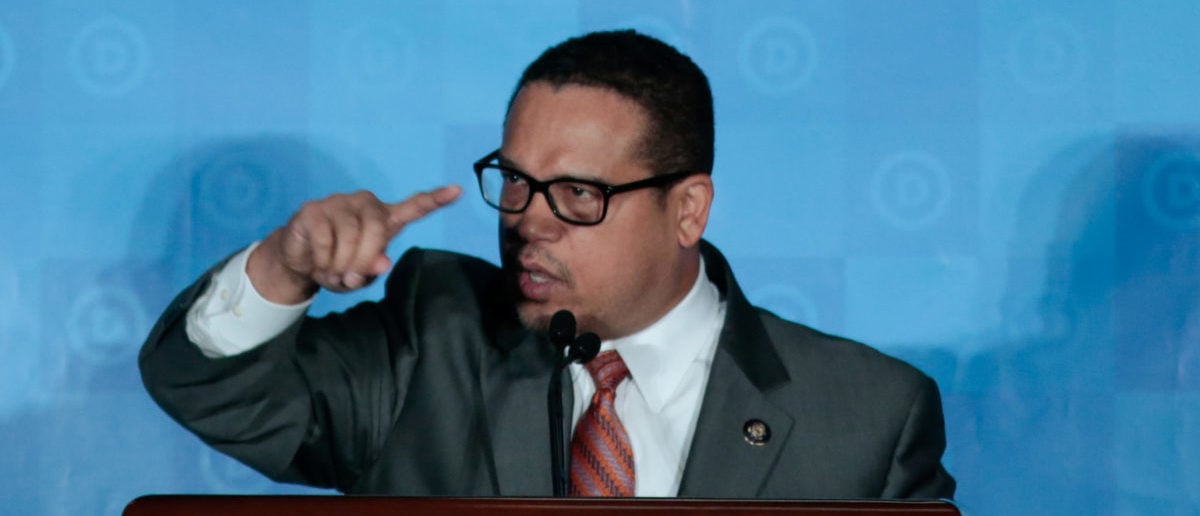The minimum wage should be zero , I was just reading an article no where in the USA can a person afford a one bedroom apartment on minimum wage..so the $12 dollar minimum wage in Seattle is useless.
The minimum wage should be higher than the cost of social services, around fourteen dollars an hour. It is a reason for a fifteen dollar an hour minimum wage. If the minimum wage had kept up with inflation it would be eighteen dollars an hour, according some literature I have read.
The following is a deliberate run on sentence. It is so to make a point. If you want to understand the point, read it in it's entirety.
Socialists just don't get it....capitalism that is. The concept of a minimum wage creates a vicious circle. You raise the minimum wage so everyone will have a "living wage"
today and can afford basic expenses like housing and food on their own and before you know it more people can afford their own apartment, causing a demand for apartments and a supply shortage driving the rents up as more people compete for the available apartments and the rents become unaffordable again and those employers who have to pay that higher wage have to raise their prices on the food and clothing they sell and once again the recipients of the higher minimum wage can no longer afford to live so you have to raise the minimum wage and once again everyone can afford basic expenses like housing and food on their own and before you know it more people can afford their own apartment, causing a demand for apartments and a supply shortage driving the rents up as more people compete for the available apartments and the rents become unaffordable again and those employers who have to pay that higher wage have to raise their prices on the food and clothing they sell and once again the recipients of the higher minimum wage can no longer afford to live so you have to raise the minimum wage and once again everyone can afford basic expenses like housing and food on their own and before you know it more people can afford their own apartment, causing a demand for apartments and a supply shortage driving the rents up as more people compete for the available apartments and the rents become unaffordable again and those employers who have to pay that higher wage have to raise their prices on the food and clothing they sell and once again the recipients of the higher minimum wage can no longer afford to live so you have to raise the minimum wage and once again everyone can afford basic expenses like housing and food on their own and before you know it more people can afford their own apartment, causing a demand for apartments and a supply shortage driving the rents up as more people compete for the available apartments and the rents become unaffordable again and those employers who have to pay that wage have to raise their prices on the food and clothing they sell and once again the recipients of the higher minimum wage can no longer afford to live so you have to raise the minimum wage and once again everyone can afford basic expenses like housing and food on their own and before you know it more people can afford their own apartment, causing a demand for apartments and a supply shortage driving the rents up as more people compete for the available apartments and the rents become unaffordable again and those employers who have to pay that higher wage have to raise their prices on the food and clothing they sell and once again the recipients of the higher minimum wage can no longer afford to live so you have to raise the minimum wage and once again everyone can afford basic expenses like housing and food on their own and before you know it more people can afford their own apartment, causing a demand for apartments and a supply shortage driving the rents up as more people compete for the available apartments and the rents become unaffordable again and those employers who have to pay that higher wage have to raise their prices on the food and clothing they sell and once again the recipients of the higher minimum wage can no longer afford to live so you have to raise the minimum wage and once again everyone can afford basic expenses like housing and food on their own and before you know it more people can afford their own apartment, causing a demand for apartments and a supply shortage driving the rents up as more people compete for the available apartments and the rents become unaffordable again and those employers who have to pay that wage have to raise their prices on the food and clothing they sell and once again the recipients of the higher minimum wage can no longer afford to live so you have to raise the minimum wage and once again everyone can afford basic expenses like housing and food on their own and before you .......
Did I make my point? Capitalism is self balancing. Supply and demand. If there is a job to be done, and someone willing to do it, and the compensation is acceptable to that someone, then the position gets filled, the job gets done and that someone gets paid. If there is a job to do, and there is someone willing to do it but not for the compensation being offered, then it doesn't get done
UNLESS the the compensation is raised, not by mandate of the government but because of supply and demand. If you artificially raise wages by mandate and not through supply and demand, the EVERYTHING that wage is used to pay for will also rise in cost, making that artificially high wage no longer as valuable relative to cost. In essense you create artificial and perpetual inflation, further widening the income gap.

